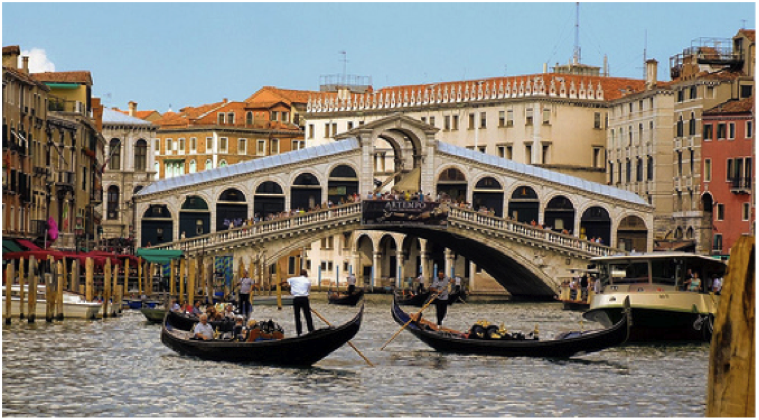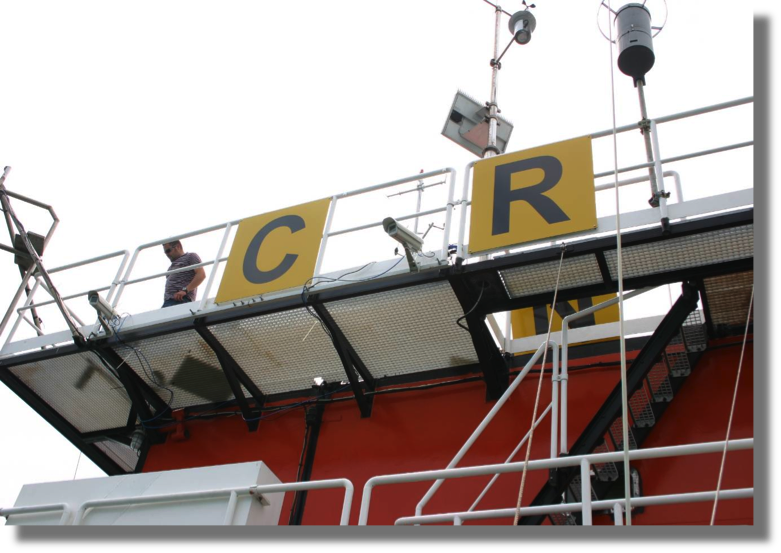
Assistant Professor Francesco Fedele of the School of Civil and Environmental Engineering (CEE) and Professor Anthony Yezzi of the School of Electrical and Computer Engineering (ECE) are leading a collaborative, interdisciplinary research effort in Oceanography and Computer Vision. Specifically, Drs. Fedele and Yezzi have proposed a novel Variational Wave Acquisition Stereo System (VWASS) for the 3D reconstruction of ocean waves in collaboration with Dr. Alvise Benetazzo from the Council of National Research (CNR-ISMAR), Italy.
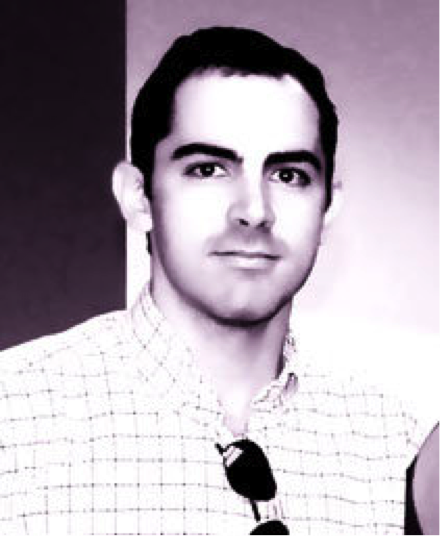
At the core of VWASS, the key element is an innovative variational stereo technique for the 3D sequential and manifold reconstruction of ocean waves in space and time. Such algorithm has beenformulated and developed at Georgia Tech by former student Dr. Guillermo Gallego Bonet under Drs. Yezzi-Fedele mentorship. Guillermo has completed his Ph.D. in December 2010 and he has been awarded the prestigious Marie Curie European Reintegration Fellowship. The Marie-Curie selection process is through transparent, independent peer review, based on excellence. Guillermo is now a Marie-Curie assistant professor at the Universidad Politécnica de Madridin Spain.
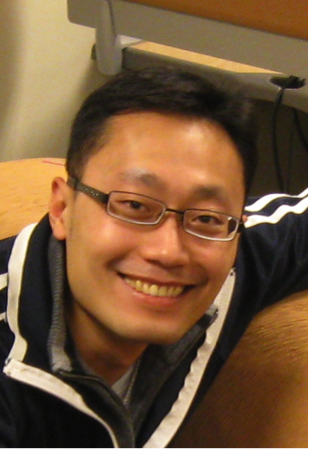
Drs. Fedele and Yezzi also co-advise ECE graduate student Ping-Chang Shih who is involved in theimprovement of the variational stereo algorithm. Ping-Chang has been awarded the Taiwan Ministry of Education Scholarship for Foreign Study proposing novel ideas to improve the performance of the 3D stereo reconstruction and to account for the physics of oceanic waves in the variational setting for stereo data assimilation. The government of Taiwan provides the scholarship for students who are pursuing their Ph.D. degrees in outstanding foreign universities. The 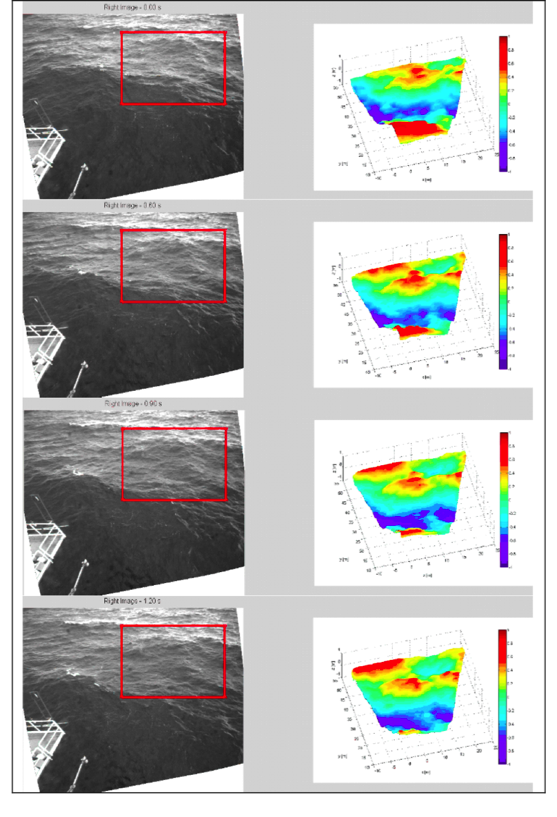 scholarship grants the recipient $16,000 USD annually for two years. The selection process is hard. Usually, there are only approximately ten students in the engineering field who will be awarded this scholarship.
scholarship grants the recipient $16,000 USD annually for two years. The selection process is hard. Usually, there are only approximately ten students in the engineering field who will be awarded this scholarship.
Guillermo and Ping-Chang’s research contributions are fundamental for studying the wave climate, extreme events, turbulence and energy dissipation of breaking and non-breaking waves. Understanding the physics of such processes is relevant for improving the forecast of the wave climate predicted by wave numerical models such as WAM or similar.
VWASS is currently being used at the Oceanographic tower Acqua Alta, off the Venice coast, Italy and funded by Chevron and ONR. VWASS is also used to estimate the excess pressure on the foundations of historical buildings along the borders of the Venetian Gran Canal due to waves generated by the passage of ships through the canal.
RELATED LINKS
- Dr. Francesco Fedele: http://www.ce.gatech.edu/people/faculty/511/overview
- Dr. Anthony Yezzi and the Laboratory of Computational Computer Vision at Georgia Tech: http://www.ece.gatech.edu/research/labs/lccv/people.html
- Dr. Guillermo Gallego Bonet: http://users.ece.gatech.edu/~ggb/
